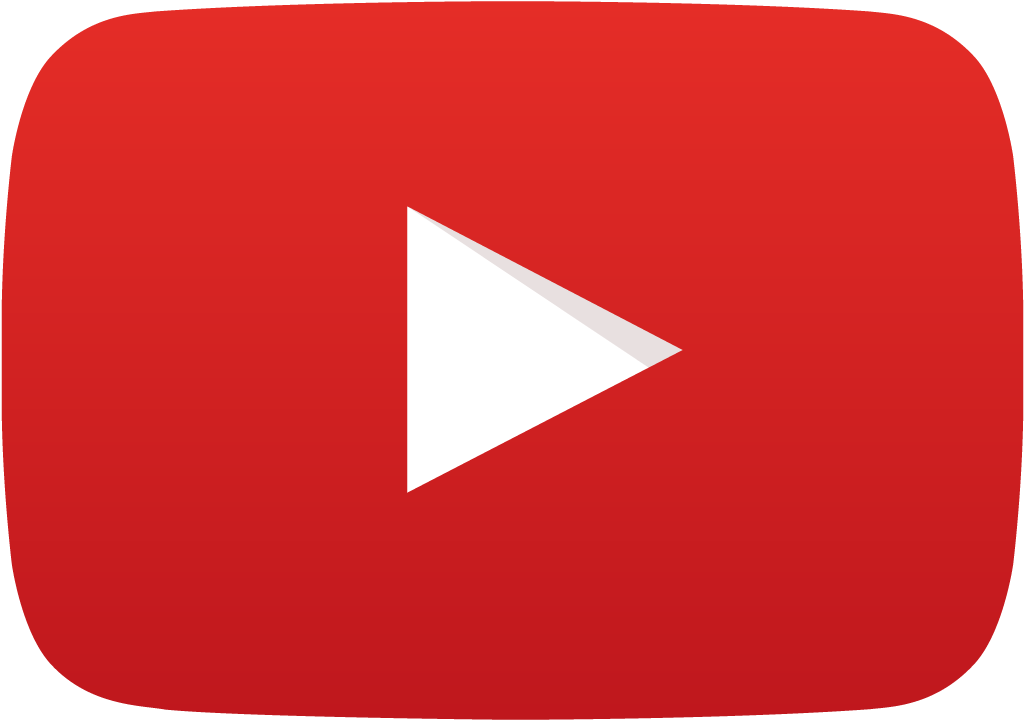Pop Online Politics: New Strategies and Leaderships for New Audiences
DOI:
https://doi.org/10.33732/ixc/12/01PolitiKeywords:
Politics-pop, Politainment, Celebritization, Political Communication, Social Networks , InfotainmentAbstract
In the midst of entertainment society, that started off at the end of the twentieth century, pop politics developed as a new communication formula used by the political leaders to share their image and their messages to the citizens by means of features from the entertainment environment or celebritization. In a similar way, the traditional mass media act, including formats of political infoentertainment to share the political information to the citizens in a frivolous, superficial or satiric format, aiming to increase their audience. This dominant situation of politainment has been transferred to the Internet environment, where the trend multiplies its effect due to the power of social networks. In that case, political parties, mass media and prosumers, find a new space to gain votes, increase their audience and achieve advantage. The monograph included in index.comunicación introduces several research projects related to politainment, aiming to study its impact upon traditional media and social networks. The new formulas adopted by spectacularized political information, the kind of issuers that produce them and the consequences upon those who intake them, are the object of analysis of the investigation works published in this thematic number.
Metrics
References
ATKINSON, J. (2011). Performance journalism: a three-template model of television news. The International Journal of Press/Politics, 16(1). doi.org/10.1177/1940161210381646
DADER, J.L. (2012). Periodismo político y política del periodismo: Imaginando un futuro digno y sostenible. En BERROCAL, S. y CAMPOS, E., La investigación en periodismo político en el entorno de los nuevos medios. Sociedad española de Periodística.
KOVACH, B. & ROSENTIEL, T. (2007). The elements of journalism: what newspepople should know and the public should expect to know. Three Rivers.
LABIO BERNAL, A. (2008). Periodismo de entretenimiento: la trivialización de la prensa de referencia. Estudios sobre el Mensaje Periodístico, 14.
MARSHALL, P.D. (1997). Celebrity and power: fame in contemporary culture. University of Minnesota Press.
MAZZOLENI, G. & BRACCIALE, R. (2019). La politica pop online. I meme e le sfide della comunicazione politica. Il Mulino.
MAZZOLENI, G. & SFARDINI, A. (2009). Politica pop. Da ‘Porta Porta’ a ‘L’isola dei famosi. Il Mulino.
MOY, P., XENOS, M.A. & HESS, V.K. (2006). Priming effects of late-night comedy. International Journal of Public Opinion Research, 18. doi.org/10.1093/ijpor/edh092
NEIJENS, P. & BRANTS, K. (1998). The infotainment of politics. Political Communication, 15(2).
RICHARDSON, K. (2015). Celebrity politics, The International Encyclopedia of Political Communication. Wiley Online Library.
Published
How to Cite
Issue
Section
License
Copyright (c) 2021 Salomé Berrocal, Raquel Quevedo Redondo, Virginia García Beaudoux

This work is licensed under a Creative Commons Attribution-NonCommercial 4.0 International License.
Authors who submit to this journal agree to the following terms:
Authors retain copyright and ensure the magazine's right to be the first publication of the work as licensed under a Creative Commons Attribution-NoComercial 4.0 International License that allows others to share the work with an acknowledgment of authorship of the work and the initial publication in this magazine, with no commercial purpose.
Authors can establish separate additional agreements for non-exclusive distribution of the version of the work published in the magazine (for example, to an institutional repository or publish it in a book), with an acknowledgment of its initial publication in this journal.
It allows and authors are encouraged to disseminate their work electronically (eg, in institutional repositories or on their own website) prior to and during the submission process, as it can lead to productive exchanges, as well as a citation more early and most of the published work (See The Effect of Open Access).















